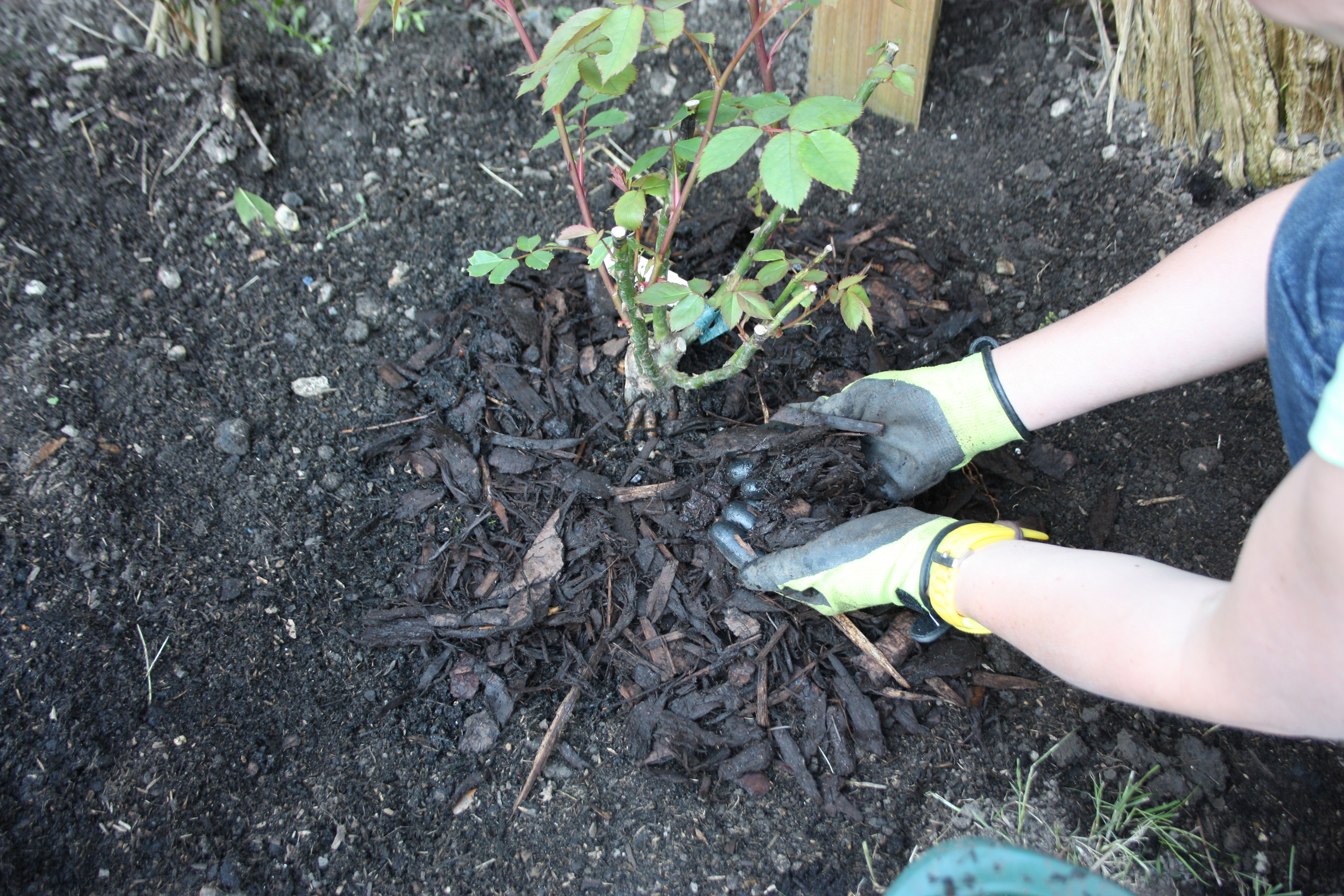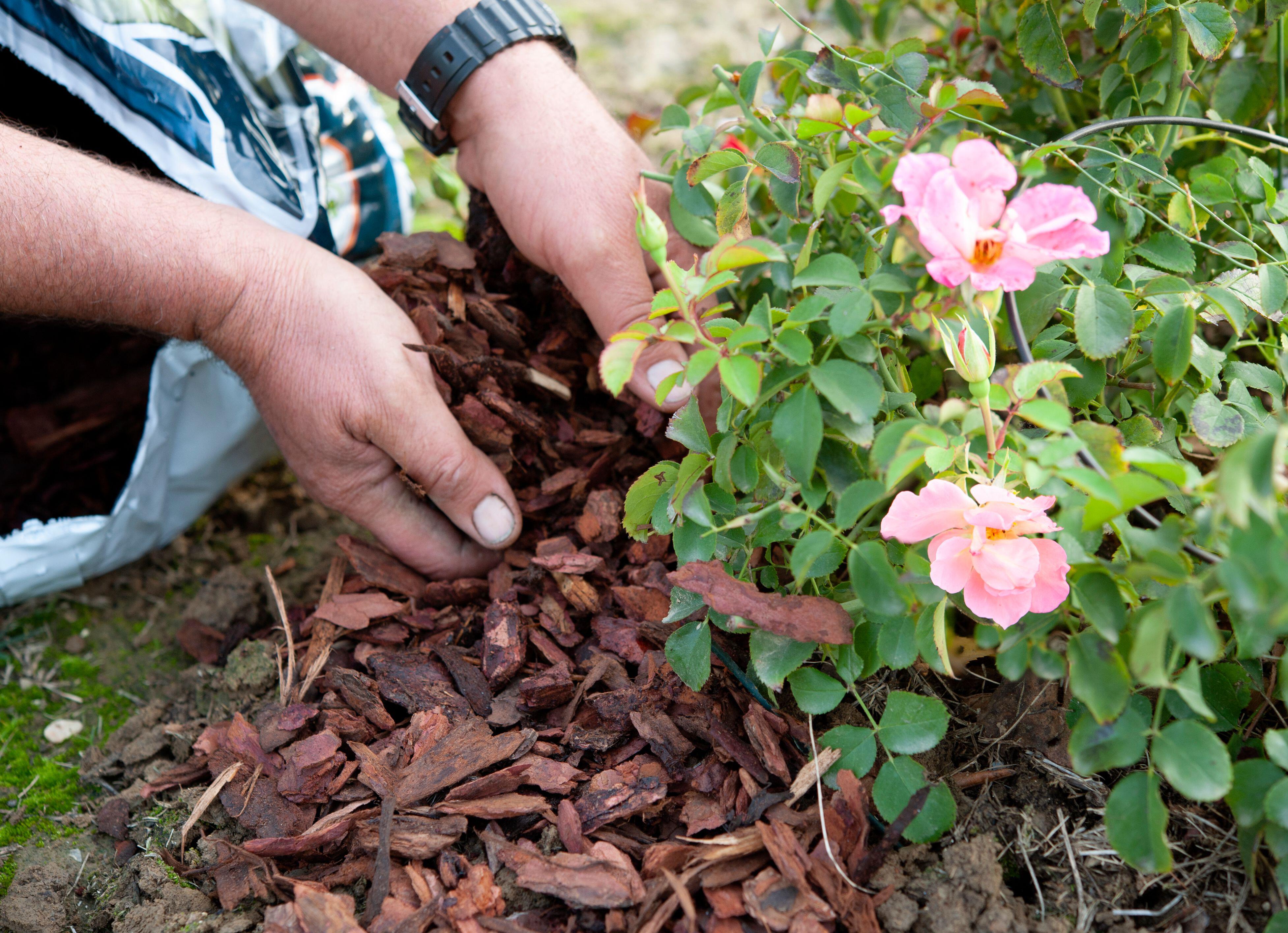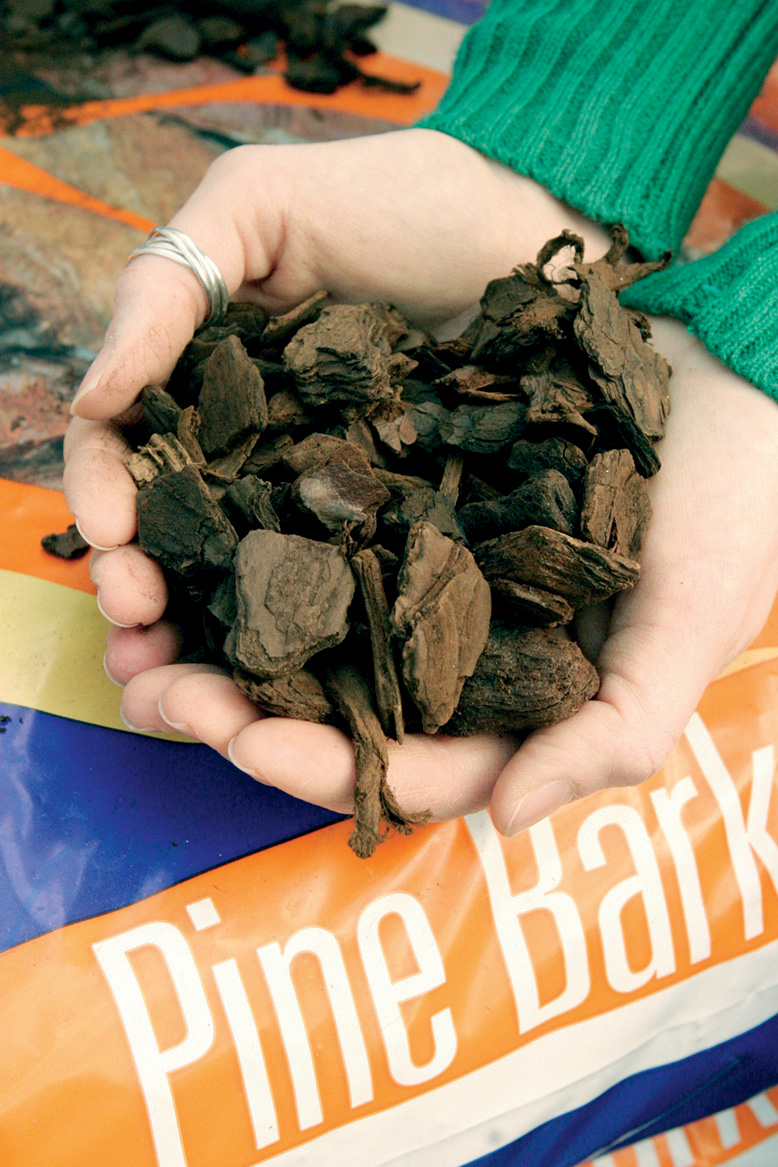Fire marshal warns against mulch fires caused by spontaneous combustion
Plus, top tips for preventing a mulch fire in your backyard

As if homeowners don't have enough to worry about, mulch fires are becoming a problem across the US as temperatures begin to warm. Learning about mulching is important for keeping your plants happy, but not considering the fire safety of your mulch materials and its positioning can have grave consequences.
Thousands of mulch fires are reported every year, some of them serious. A family home recently burned down in Loudoun County, Virginia, leaving the family displaced and promoting a mulch fire warning from the local fire marshal. Although many mulch fires are due to the improper disposal of flammable materials in backyards, others – including the Virginia fire – can happen as the result of spontaneous combustion. Here's what you need to know about it.
Mulch fires from spontaneous combustion: how do they happen?

Making a statement after the Virginia mulch fire, Chief Fire Marshal Linda Hale said: 'Spontaneous combustion can happen when a decomposing, organic material such as mulch generates enough heat to ignite without an outside source. Because of this, a large or compacted area of mulch can create sufficient heat to spontaneously combust. Remember, in all cases, mulch fires are more likely to start when the weather is hot, and it has been dry for an extended period.'
It's important not to panic while taking mulch fires seriously. A mulch fire due to spontaneous combustion is typically the result of several factors: a prolonged period of hot weather, strong winds, and mulch that has been laid on too thickly. According to SF Gate, 'a mulch layer of 2 to 4 inches is safest, and helps prevent spontaneous combustion.'
Mulch materials and mulch positioning: tips for preventing mulch fires

The most important thing to remember is that smaller the mulch chips, the higher the risk of a mulch fire. Todd Lando, wildfire and hazard mitigation specialist for the Central Marin Fire Department, told the San Francisco Chronicle: 'In every single major fire, we see wood chips in gardens ignite.'
If you live in an area prone to hot, dry, and windy conditions, there likely are rules in place about how mulch should be used and where it should be positioned. California landscaping laws, for example, prohibit the use of flammable materials, including wood chips, within 100 feet of a house. You should always check local regulations before laying down flammable mulch materials – the rules are there to protect you and your home.
Try to keep any mulch you do have in your backyard ideas moist throughout dry weather spells and always keep mulched areas well away from the best grill, fire pits, garden lights, and anything else that may make your mulch ignite.
Anna writes about interior design and gardening. Her work has appeared in Homes & Gardens, Livingetc, and many other publications. She is an experienced outdoor and indoor gardener and has a passion for growing roses and Japanese maples in her outside space.
